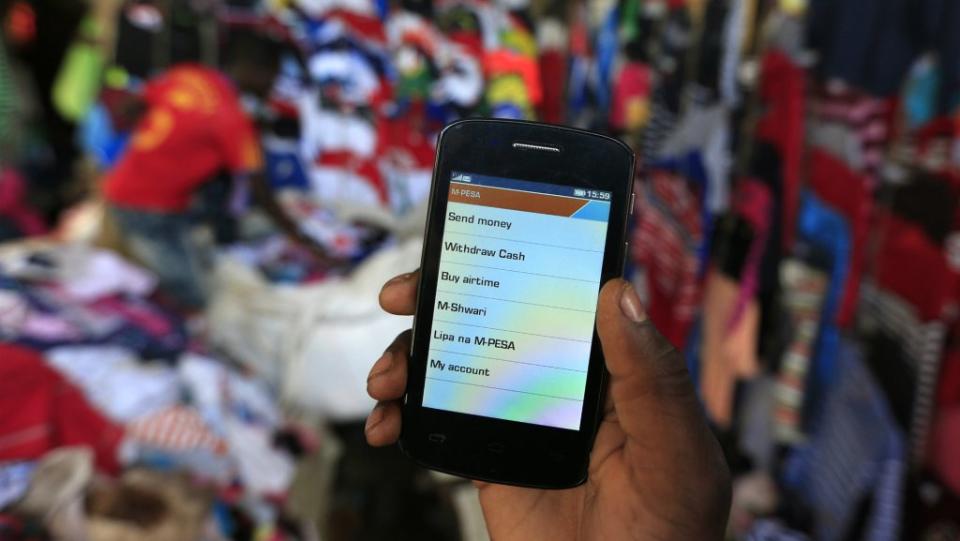Developing nations would be $3.7 trillion richer if more people could handle their finances from their mobile phones

When was the last time you went to a bank branch to make a payment? Digital finance has transformed rich countries, where many now take for granted paying our bills online, sending money to our friends and family from our phone, and not having to wait in line at the bank.
In developing nations, however, two billion people don’t have access to basic financial services such as savings accounts and credit. That’s almost half of the developing world’s adult population. Giving most of these people access to those services using mobile phones and the internet would increase the GDP of emerging economies by $3.7 trillion by 2025, according to a study by the McKinsey Global Institute. That’s a 6% boost.
Two-thirds of the economic growth would come from the increased productivity of using digital payments instead of cash and using electronic record-keeping instead of paper. The rest of the GDP gains come from more investment as businesses are brought into a formal financial system and credit becomes more easily available.

The report published today (Sept. 21) by McKinsey argues that the benefits of digital finance go beyond unlocking another market for the financial industry. Access to these basic services would reduce inequality, poverty and even government corruption. It would also create 95 million new jobs.
Digital finance can provide access to financial services for 1.6 billion people—880 million of them women—in emerging economies for the first time, McKinsey said. This is within reach because the infrastructure already exists. In 2014, 80% of adults in developing nations had mobile subscriptions. By 2020, 90% of these adults will own a mobile phone.
“Economic development is usually a long journey, but digital finance solutions can radically speed the progress, and at a relatively affordable cost,” the report says. Mobile payments lower the cost of providing financial services by as much as 90%. This would let providers serve low-income customers and still make a profit.

Despite all this, cash is still overwhelmingly prevalent. In emerging nations, 90% of payment transactions are made in cash. In comparison, digital payments are used 49% of the time in the US and 55% of the time in the UK.
The poorest countries, such as Ethiopia, India and Nigeria could increase their GDP by up 12%, according to the study, because they are starting from a very low level of financial inclusion. Relatively richer countries such a China and Brazil could still boost economic growth by 5%.
McKinsey estimates that Indians lose more than $2 billion a year in forgone income simply from the time spent traveling to and from a bank.
Benefits for businesses are huge. Digital finance could create the conditions to fill the $2.2 trillion gap between the credit small and medium-sized business can access now, and what they need. It could flood the financial system with $4.2 trillion in deposits, some of which could be used for loans back into the businesses of these countries.

Digital payments and electronic records would also save governments about $110 billion a year as money is less likely to go missing on its way to public spending projects or on its way back in tax collection.
“Billions of people across emerging economies possess the mobile handset that can connect directly into the national payments system,” the report says. “They are just waiting for governments and businesses to wire up the infrastructure and create the products they need.”

Sign up for the Quartz Daily Brief, our free daily newsletter with the world’s most important and interesting news.
More stories from Quartz:

 Yahoo Finance
Yahoo Finance 